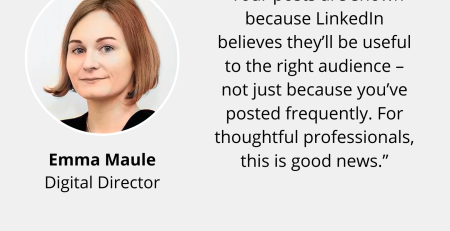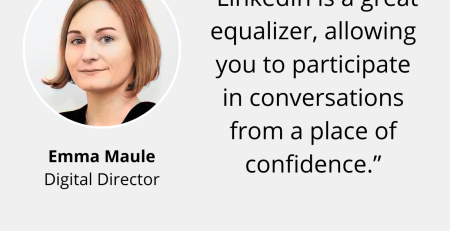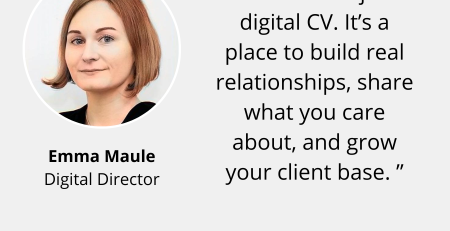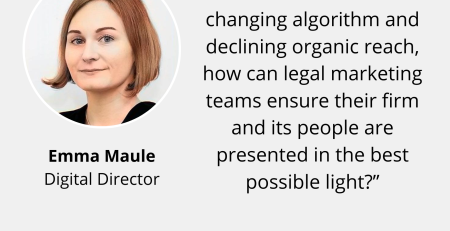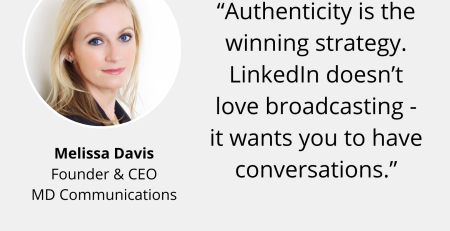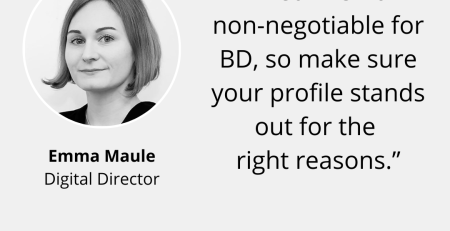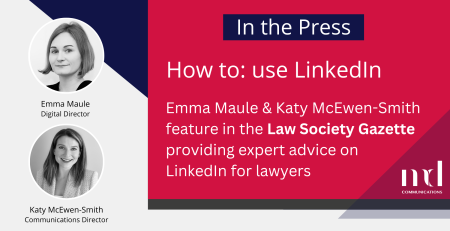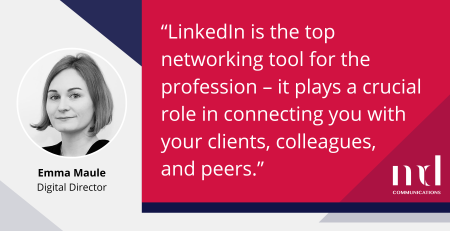The use of social media in business – and especially in law – is relatively new and, as a result, it remains a fairly unpredictable beast. As its efficacy effectively depends on the reactions of millions of different users it is a difficult thing to get right in terms of predicting how to build a profile, gain a following and even how to achieve that Holy Grail of having something ‘go viral.’ However, whilst it is difficult to foresee the circumstances in which your social media efforts will succeed, there are definitely some actions to avoid if you want to steer clear of some pretty catastrophic social media fails.
1. Not telling the truth. When you start using social media for the first time it might feel like you’re just throwing words into a digital abyss. However, you will soon find out that although your comments might seem to fall on deaf ears, as soon as you start making anything up you will get challenged on it.Example: US business Amy’s Baking Company Bakery Boutique & Bistro responded to criticism of its appearance on an episode of Ramsay’s Kitchen Nightmares with some fairly vicious insults…and then claimed its accounts had been hacked. It was such a transparent lie that it hugely damaged the business’ credibility.
2. Remember that you don’t have control over people’s reactions. If you ask for feedback from the Great British public, or your clients, then be prepared to deal with the consequences. Not everyone has a soft spot for the legal profession and there are some people who simply sit and wait for opportunities to troll unsuspecting businesses.Example: McDonalds promoted the hashtag #McDStories in an attempt to generate lots of happy tales of smiley staff and tasty burgers to use for publicity. Instead, they received a torrent of abuse and awful stories, one of which involved a still-live worm in one of their burgers.
3. Getting personal. Of course every (or most) social media accounts are being run by a person, however, with a successful business account, especially in an area like law where there is credibility to maintain, personal opinions should be kept to a minimum. Make sure that whoever is updating business social media accounts doesn’t confuse them with their own personal accounts or misunderstand where the boundaries lie in terms of what is and isn’t acceptable.Example: Chrysler Autos social media manager posted the following tweet that was totally unsuitable for a business account: “I find it ironic that Detroit is known as the #motorcity and yet no one here knows how to f&*&^ng drive.”
4. Bad PR. Social media represents an enormous opportunity to react quickly to world events and to bring the profile of your business to the eyes of a much wider audience. However, be careful which international events you choose to try and piggyback on, as this has been the downfall of many a large business on Twitter and Facebook – be sensitive to people’s feelings and always avoid making any humorous remarks where there has been death or injury. If you’re going to jump on a hashtag then make sure you know what it’s about before you do.Example: A business called ‘CelebBoutique’ tweeted the following after the Aurora shooting: ‘#Aurora is trending, clearly about our Kim K inspired #Aurora dress ;)’As social media moves so fast it can be tempting to post before you think just to keep up, but remember that once the status or tweet is out there it’s not retractable. Plan and research your social media activities if you want to avoid appearing in a blog like this in a few years time, and if you need any specific advice – or feel like your social media efforts need some first aid – feel free to contact any of the team.


